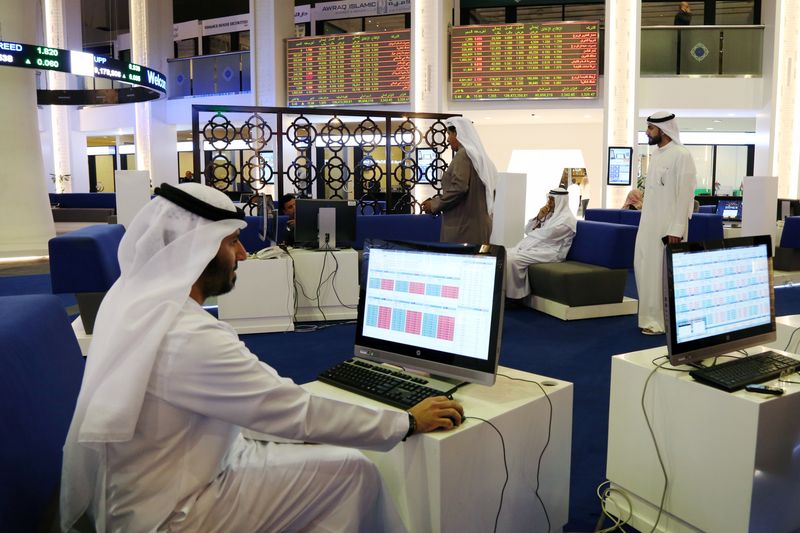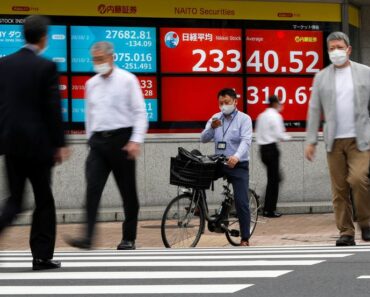This post was originally published on this site
Fed Chair Jerome Powell said recent inflation data, with three months of upside surprises, had not given policymakers enough confidence to ease policy soon. He said the central bank may need to keep rates higher for longer than previously thought.
Most Gulf currencies are pegged to the dollar and any monetary policy change in the United States is usually mimicked by Saudi Arabia, the United Arab Emirates and Qatar.
Saudi Arabia’s benchmark index dropped 0.6%, weighed down by a 1.7% fall in the country’s biggest lender Saudi National Bank.
Separately, the kingdom’s foreign minister said on Tuesday that Riyadh will be “moving ahead significantly” to invest in projects in Pakistan, days after Islamabad announced that Saudi Arabia had pledged to expedite $5 billion in investment.
In Qatar, the index fell 0.2%, with petrochemical maker Industries Qatar losing 1.1% and Commercial Bank retreating 2.1%.
Tensions in the Middle East are still running high. Israel vowed to respond to Iran’s weekend attack despite international calls for restraint.

In Abu Dhabi, the index eased 0.1%.
Dubai’s main share index was flat in a choppy trade.



